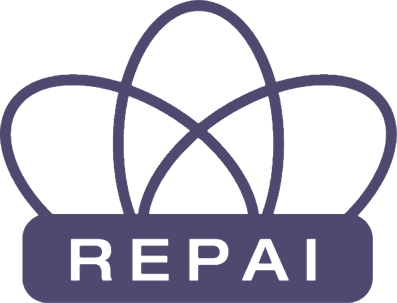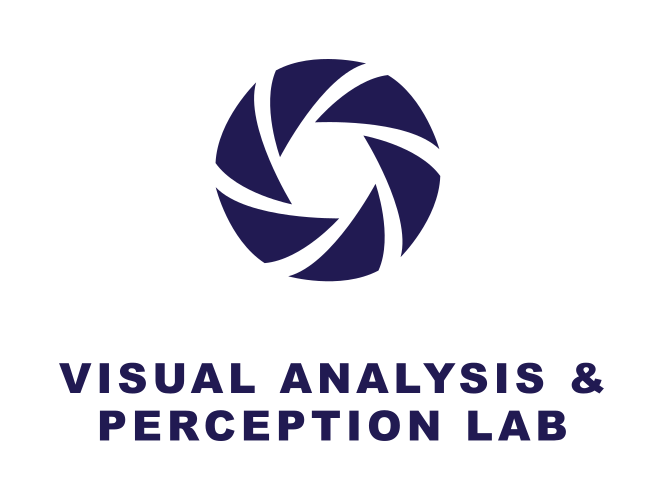Copenhagen, Denmark, Dec. 1st 2025
Call for papers
Responsible technology is redefining the AI landscape. AI is no longer about developing algorithms/solutions for a given problem, from only technical perspectives. Legal, ethical, and organizational aspects, to name a few, are among other perspectives, that are crucial to deal with, when developing responsible AI solutions for creating value such as economic value and acceptance by the public. This calls for interdisciplinary research. Such research however might be difficult to publish in single-disciplined topics, unless they make their work biased towards one of the disciplines. This workshop aims to remedy this by focusing on interdisciplinary research about AI. Concretely, this workshop calls for papers on AI, targeting at solving problems from any field, requiring truly interdisciplinary research, covering at least two different disciplines, like, to name a few:
- Technical development of AI solutions
- Ethical aspects of developing and deploying AI solutions
- Legal aspects governing AI solutions
- Organizational aspects related to integrating AI into work practices
- Creating societal value or economic values through AI solutions.

Important Dates
Paper submission: October 1st, 2025
Decision notification: October 15th, 2025
Camera ready: October 20th, 2025
Submission
Paper submission are handled via CMT: https://cmt3.research.microsoft.com/REPAIW2025/Submission/Index
Submitted papers, 15 pages in Springer’s LNCS format, will undergo double-blind peer-review. Find the template here: https://www.springer.com/gp/computer-science/lncs/conference-proceedings-guidelines
Venue:
Aalborg University, A. C. Meyers Vaenge 15, 2450 Copenhagen, Denmark
Organizing committee:
Kamal Nasrollahi, Professor in AI, Aalborg University, Milestone Systems A/S, Denmark
Lars Mathiassen, Professor in Digital Innovation, Georgia State University, USA
Jens Nygren, Professor in Health and Welfare, Halmstad University, Sweden
Tentative program committee:
Akshay Dudhane, Mohamed bin Zayed University of Artificial Intelligence, UAE
Albert Ali Salah, Utrecht University, Netherlands
Anders Villadsen, Aarhus University, Denmark
Andreas Aakerberg, Aalborg University, Denmark
Andrea Carugati, Aarhus University, Denmark
Andreas Møgelmose, Aalborg University, Denmark
Anthony Hoogs, Kitware, USA
Arya Farkhondeh, Idiap Research Institute, EPFL, Switzerland
Brian Clipp, Kitware, USA
Daniel Stadler, Fraunhofer IOSB, Germany
Dhritimaan Das, Indian Institute of Technology (IIT-BHU), India
Christoffer Koch Florczak, Aalborg University, Denmark
Emil Dumic, University North, Croatia
Eric Granger, ETS Montreal, Canada
Erwin M. Bakker, Leiden University, Netherlands
Fabian Herzog, Technical University of Munich, Germany
Florinel Croitoru, University of Bucharest, Romania
Heitor Medeiros, École de technologie supérieure, Canada
Hiren Galiyawala, Rydot Intuit Pvt. Ltd., India
Hsiang-Wei Huang, University of Washington, USA
Hung-Min Hsu, University of Washington, USA
Ishan Rajendrakumar, Dave University of Central Florida, USA
Ivan Nikolov, Aalborg University, Denmark
Jay Chaudhari, Ahmedabad University, India
Jayeon Yoo, Seoul National University, South Korea
Joel Brogan, Oak Ridge National Laboratory, USA
Kasper Elmholdt, Aalborg University, Denmark
Lars Frederiksen, Aarhus University, Denmark
Lin Chen, Wyze Labs Inc., USA
Mahdi Alehdaghi, École de technologie supérieure, Canada
Masih Aminbeidokhti, École de technologie supérieure, Canada
Mehul Raval, Ahmedabad University, India
Menglin Wang, Zhejiang University, China
Nalin Semwal, Netaji Subhas University of Technology, India
Neelu Madan, Aalborg University, Denmark
Nils Friederich, Karlsruher Institut of Technology, Germany
Praveen Tirupattur, University of Central Florida, USA
Prerana Mukherjee, Jawaharlal Nehru University, USA
Radu Tudor Ionescu, University of Bucharest, Romania
Rafael Menelau Oliveira e Cruz, École de Technologie Supérieure, Canada
Rama Chellappa, Johns Hopkins University, USA
Renaud Vandeghen, University of Liège, Belgium
Roderic Collins, Kitware Inc., USA
Safwen Naimi, TÉLUQ, Canada
Sonain Jamil, University Jean Monnet (UJM), France
Soufiane Belharbi, ÉTS Montreal, Canada
Stefan Wolf, Fraunhofer Institute of Optronics, Germany
Thomas Golda, Karlsruhe Institute of Technology, Germany
Thomas Dubail, École de technologie supérieure, Canada
Vasileios Mezaris, Information Technologies Institute, Greece
Victor Sanchez, University of Warwick, UK
Vlad Hondru, University of Bucharest, Romania
Wassim Bouachir, TÉLUQ, Canada
Weijun Tan, Linksprite Technologies, China
Publication:
The submitted papers will be subjected to peer-review.
The accepted ones will be published by Springer LNCS.


